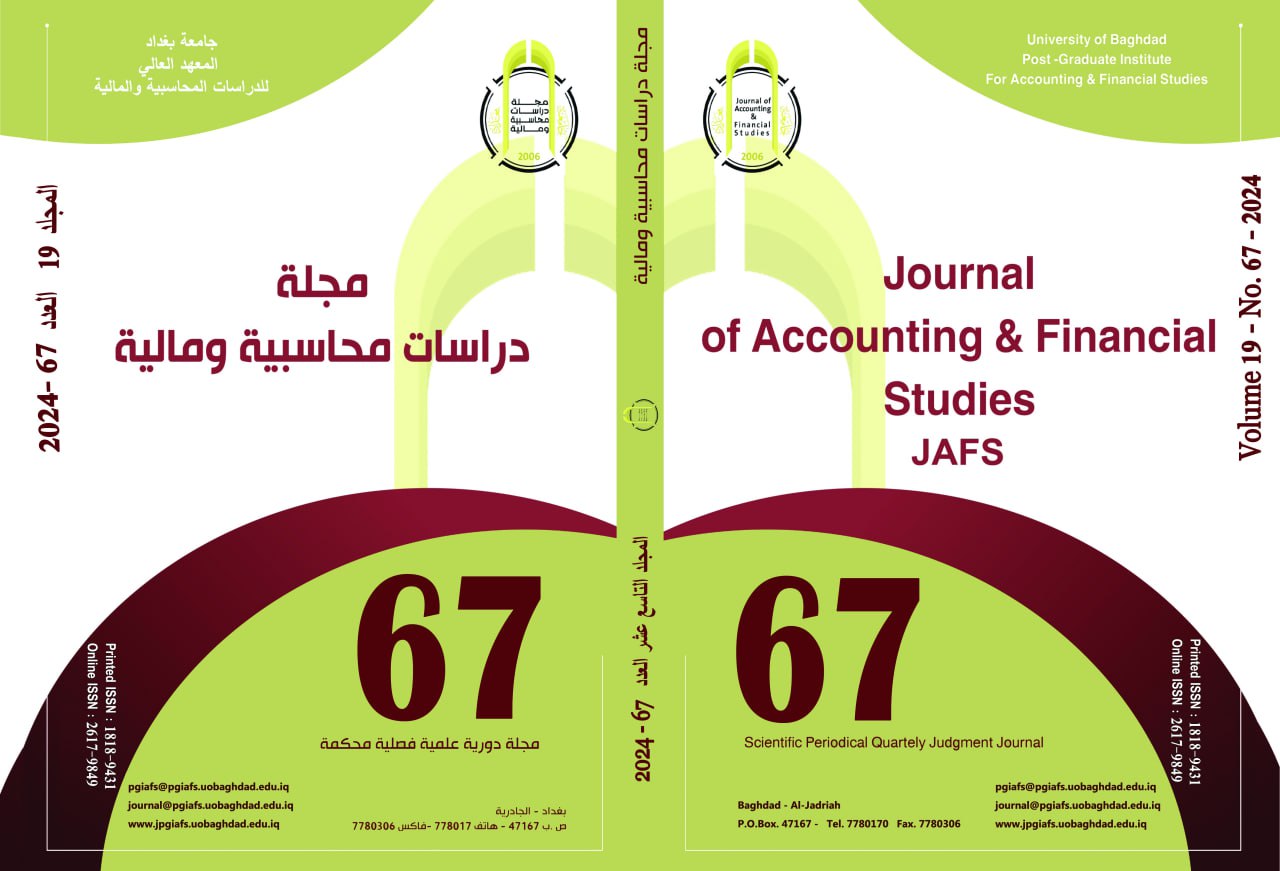Designing a Balanced Scorecard to Eliminate the Disadvantages of the EFQM Model in Evaluating the Quality Performance of School Education
DOI:
https://doi.org/10.34093/51s9vs51Keywords:
Balance Scorecard, EFQM model, Quality Performance evaluation, school education quality standardsAbstract
Abstract:
This research aims to address the defects of the EFQM model in evaluating the quality performance of school education by adapting the balanced scorecard. This study also aims to reveal the reality of school education quality in Iraq by designing a balanced scorecard that adopts international school education quality standards. The study selected the Second Baghdad Al-Karkh Education Directorate as a research sample. The study used the secondary data method as a means to collect data. Data was collected from documents, records, and statistics of the sample, as well as interviews with the sample’s managers. The most important finding is that the balanced scorecard provides financial and non-financial measures that are consistent with international educational quality performance standards. This indicates that the balanced scorecard overcomes the drawbacks of descriptive evaluation in the EFQM model. In addition, it provides quantitative results that enable school education institutions to identify and address quality weaknesses. Finally, the results of the study indicate several weaknesses in school education quality such as weaknesses in financial allocations for the development of human capital, informational capital, and organizational capital, which in turn was reflected in the development of internal processes and then the outcomes of the educational process (the student).
Downloads
Published
Issue
Section
License
The copyright is transferred to the journal when the researcher is notified of the acceptance of his research submitted for publication in the journal.



